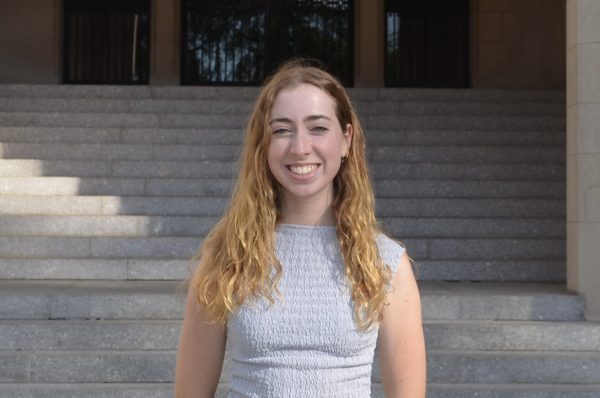The continued evolution of artificial intelligence (AI) presents a significant concern for employment rates. According to the United Nations Department of Economic and Social Affairs, by 2050, the earth’s population will be 9.8 billion people, and over 6 billion of those people will be eligible for employment. Meanwhile, in the present, over two decades prior, there is a worldwide struggle to find “decent employment for 71 million young people.” The advancement of AI is a threat to employment rates around the world because as technology evolves, humans working jobs will be less necessary. There are so many examples of AI used in everyday life that are marketed as an easier way of living rather than dystopian artificial intelligence: extensions that edit writing, self-driving cars, smartphone facial recognition and smartphones themselves.
The United Nations (UN) believes that the growth of AI will not result in sky-rocketing unemployment rates. They claim that people should not be concerned about the evolution of AI because it is not likely that it will replace all workers, as they have much more “versatility and adaptability” than AI. They also assert that AI will create more jobs, claiming that simply because a profession could be replaced with AI doesn’t mean it will, due to “various economic, legal, regulatory and socio-political factors” that “prevent many occupations from disappearing.” However, the UN claims that, while AI will not be the cause of worldwide unemployment, it will reconstruct the workplace, demanding different skills from workers, thus essentially going against their previous easing words. AI will make people lose their jobs, but perhaps create new opportunities in return.
To solve these impending issues, President Joe Biden’s administration is currently developing its National AI Strategy which will have a plan for how the U.S. government will account for potential “economic and job impacts from the use of AI.” The Center for American Progress has previously urged for federal consideration into the negative consequences associated with the future of AI use. The organization believes that the Biden administration and Congress must create an approach that focuses on the human worker in response to the increased use of AI. Majority Leader Chuck Schumer also recently set in motion a SAFE Innovation Framework with worker security as being vital to his policy objectives. Thus, the U.S. is currently working on creating a way for jobs to be protected from AI’s taking over.
As a writer, AI presents a risk in my own job search, as all types of writing are threatened by the continued evolution of AI. The employment of writers, editors, publishers — essentially the entire publishing industry — may be replaced by AI one day. This process has already begun, with websites like Grammarly doing the work of a human editor. When I tell someone I plan on writing as a career, I am often warned to find a backup plan in case AI makes my profession obsolete. It’s upsetting, and honestly hurtful, that becoming a writer, the thing I am most passionate about, most proud of, might not even be an occupation one day due to the advancement of AI. For all of my hard work to be cast aside for ChatGPT or any other form of AI to write is a shame.
AI is marketed as a path to an easier way of life. It drives my dad’s car and writes some of my grandparents’ letters to their city policymakers, but it has also already started to replace jobs. One noticeable example is that very few cashiers are needed at stores because self-checkout, a form of AI, has become increasingly popular in the past few years. At what point will AI be writing the newest New York Times Bestseller? How many strikes must we be a part of to ensure that our jobs will not be stolen by it? When will the first article written by AI be published in this very newspaper, taking the job from us students who enjoy writing articles every week?
At what point do we risk our own jobs for AI, masked by the claims of an easier life? Action must be taken worldwide to protect human employment so it does not become a further threat.
Sophie Maselli, FCRH ’26, is an English major from Milford, Conn.










































































































































































































